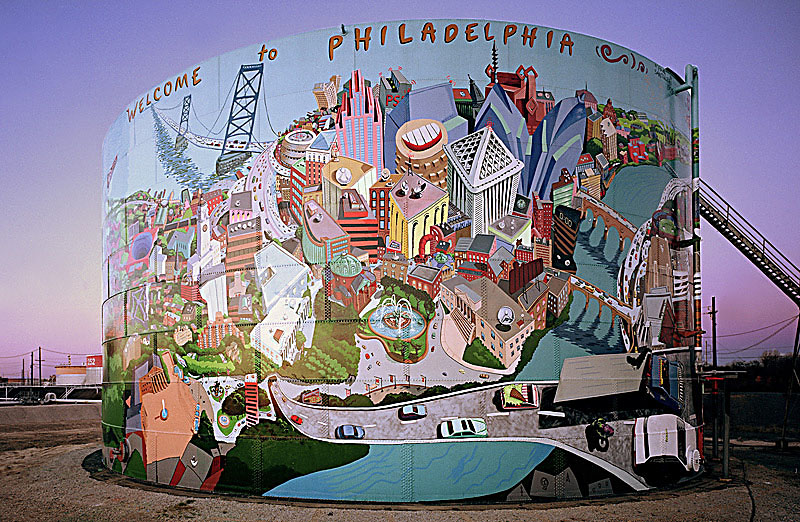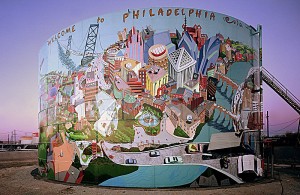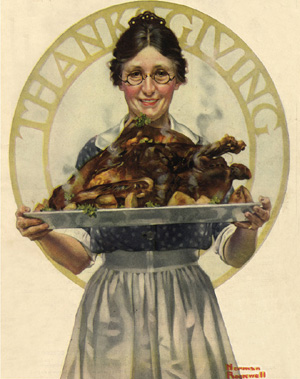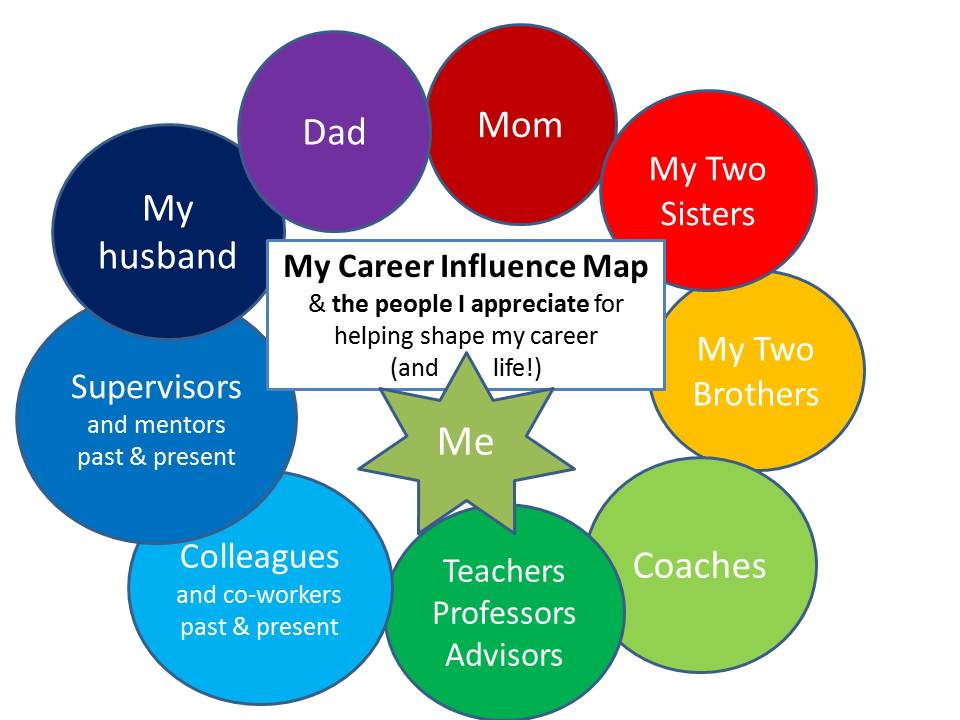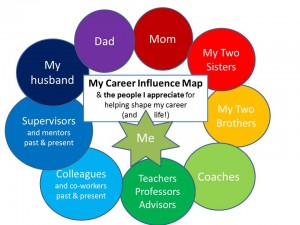If you find yourself in the throes of interview preparation….if your suit, bright smile and great handshake are in heavy rotation….as you consider full-time positions, internships, research roles, graduate or professional schools, or other opportunities…..I encourage you to take your interview prep just one step further than the standard and think not just about what you plan to say, but about HOW you will say it.
A steady pitch, pace, modulation and volume to your voice helps you to be perceived as well prepared and poised. Working to eliminate um, uh, like, and other such filler words, while sometimes hard to completely remove, will undoubtedly help you to sound more articulate, mature and thoughtful. Avoiding words of ambivalence, such as perhaps, maybe, and sort of, will ensure that you sound confident in your skills, your experience, and yourself. And lastly, eradicating “uptalk” (the rising inflection at the end of a sentence, that makes statements sound like questions?), will lend a great sense of credibility to the words you are saying.
Listen carefully, and you’ll be sure to hear these little speech pitfalls all around you -especially that last one! And if you are guilty of one of the above in your own speech, don’t despair. It will take a little time and effort to apply these strategies to improving your own communication style, and the staff of Career Services is more than happy to help; schedule a mock interview with your career counselor, where we can give you feedback on all aspects of your self-presentation, or use our InterviewStream software to listen to and observe yourself. Recognizing your own speech patterns, and practicing how you speak, will surely provide you with one more key to interviewing success.


